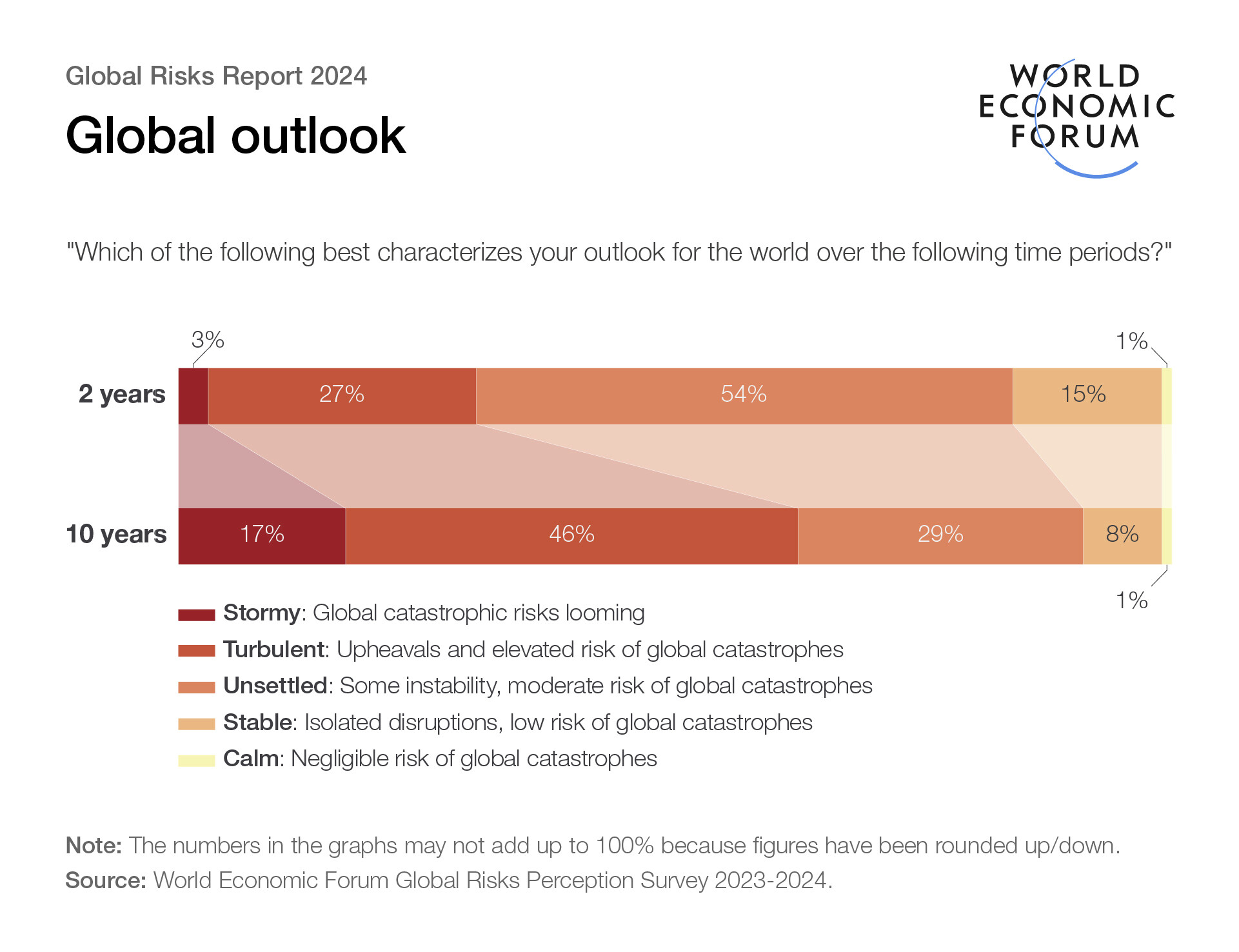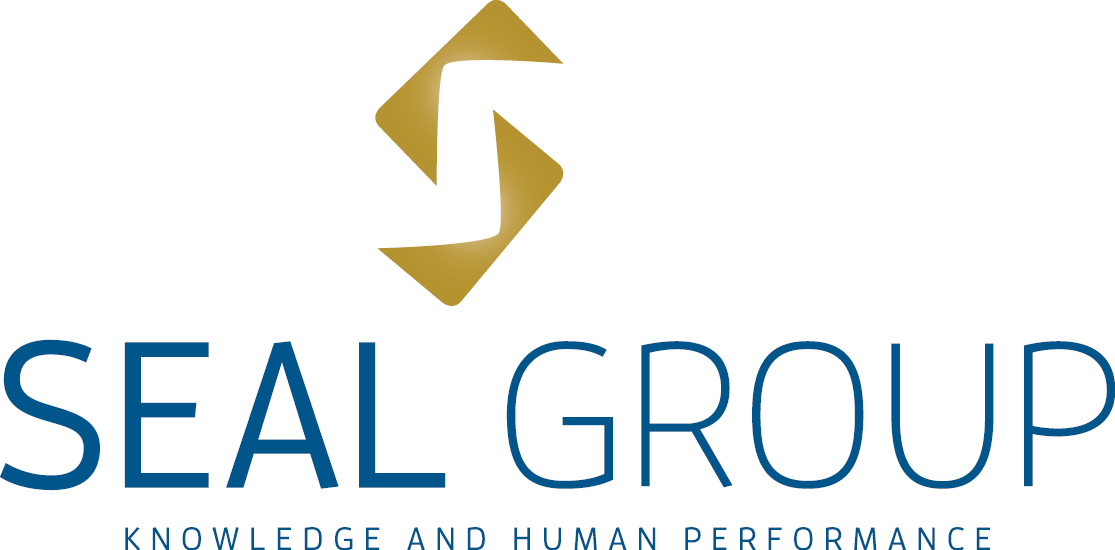Leadership and cooperation in a context of global risks
Today, businesses and companies face risks never before imagined. With global confidence waning, political polarization and a volatile geopolitical scenario, cooperation to tackle global risks is essential. The World Economic Forum, held in Davos (Switzerland), has chosen the theme “Rebuilding trust” for 2024, calling for a spirit of “back to basics”, of open and constructive dialogue between government, business and civil society leaders. Undoubtedly, leading today means co-operating more than ever.

image: Dreamstime
A pessimistic global outlook
According to the WEF report “Global Risks Report 2024”, the world is “plagued by a dangerous double crisis: climate and conflict”. These threats come against a backdrop of rapidly accelerating technological change and economic uncertainty. By gathering the opinions of around 1,500 global experts from academia, business, government, the international community and civil society, the conclusions could not be more worrying.
As the graph shows, there is little optimism among those surveyed. More than half (54 per cent) foresee a significant degree of instability and a moderate risk of global catastrophes. Another 30 per cent see things getting even worse, predicting imminent global catastrophes and a “stormy” or “turbulent” period in the next two years. If we extend this view to 10 years, the respondents’ pessimism increases. By 2034, almost two thirds (63 per cent) foresee a stormy or turbulent world order.

Where are the risks?
While climate-related risks remain a dominant theme, the threat of disinformation is identified as the most serious in the short term in the 2024 report. The growing concern about disinformation is largely driven by the potential of Artificial Intelligence in the hands of bad actors to flood global information systems with false narratives.
In the next two years, says the report, “both foreign and domestic actors will capitalize on disinformation to widen social and political divides”. This risk is reinforced by a large number of elections in the near future, with more than 3 billion people going to the polls in 2024 and 2025, including in major economies such as the United States, India and the United Kingdom.
The findings suggest that the spread of disinformation, around the world, could result in civil unrest, but could also drive government censorship, domestic propaganda and control of the free flow of information.
In a 10-year context, climate-related risks contribute to 5 of the top 10 threats as the world approaches or passes “climate tipping points”.

The impact of leadership
Research by Deloitte, Gallup and Harvard Business Review provides valuable insights into the direct impact of leadership and management on organizational performance in such turbulent and unpredictable times. Approximately 50 per cent of employees leave their jobs because of ineffective leaders, while companies with committed leaders are 21 per cent more profitable.
A deeper analysis reveals that visionary leaders inspire and define the company’s path, setting goals and cultivating a positive organizational culture, valuing innovation and talent development. As managers, they are also responsible for the practical implementation of established guidelines, ensuring that day-to-day operations are aligned with strategic objectives.
In today’s business landscape with global risks, emerging leadership trends include agility, inclusion, purpose, digitalisation and a data-driven approach. Adaptable and innovative leaders are essential to face the constant changes in the business environment. Examples such as Nelson Mandela, Malala Yousafzai, Angela Merkel or Jacinda Ardern, among many others, have played a vital role in providing direction, stability and hope.
Leadership is more than a position; it is an intrinsic capacity that can be developed, which inspires, influences and guides. The ability to articulate a clear vision, make agile decisions, communicate transparently and foster cooperation is crucial to maintaining the trust and commitment of teams. Investing in the continuous development of leaders is imperative to promote a balanced, productive and resilient working environment, ensuring the long-term success of the organization. At a time when business risks are much more global, we will all need good leaders in 2024.
Article by Sérgio Almeida, in partnership with Vida Económica




